Empyrean Isles was recorded in 1964, released on the Blue Note label, established Hancock as a serious artist and is now available on hi rez format (this copy came from HighRes Audio in Germany)
The album contains two of Hancock’s most famous compositions – “One Finger Snap” and the brilliant “Cantaloupe Island” which is one of my favourite tunes of all time.
Recorded by Rudy Van Gelder, players on the album are Herbie Hancock on piano, Freddie Hubbard on cornet, Ron Carter on bass and Tony Williams on drums and all push themselves to their limits.
“One Finger Snap” opens with the album and is really fine soul-jazz with the real standouts being Hancocks superbly dextrous piano and Hubbard’s cornet. The drum beat is fast, infectious and relentless before it breaks to a solo at around the six minute mark. Whether you like soul-jazz/hard-bop or not I defy anyone to listen to this tune and not tap their feet. Here, on the 24/96 version there’s a real insight into the recording space and the drums in particular have a real snap to them.
“Oliloqui Valley” (sampled by Eric B. and Rakim on their 1990 “Untouchables” tune) is more of the same fast and frantic style and the standout part of this song for me is the bass break at about 5’30” which is just fantastic only adding to the whole funkiness of the tune.
The aforementioned Cantaloupe Island (sampled on a tune I used to hammer whilst Djing, (Us3 “Cantaloop (Flip Fantasia)” )is a real tour de force with its unremitting funky and repetitive piano line with searing cornet over the top. This is less frantic than One Finger Snap or Oliloqui Valley but no less toe tapping. The beat drops in and out with different musicians being given the spotlight from time to time, but then there’s a slight hesitation in the timing and the beat is back with a vengeance. Without a doubt one of the greatest records ever recorded and if you don’t know it you really should go out and buy it now!
“The Egg” is the album’s final track and starts off with a piano riff that is repeated and repeated over the beat with cornet over the top. Hancock plays around with this piano riff with it becoming more and less recognisable in parts throughout. There is some great interplay between piano and cornet. Of all the four songs on the album “The Egg” is the most challenging musically but it still works very well as a piece of music. The (broken) beat comes and goes and each musician is given solo parts that pull the work together – the bass solo is particularly interesting and mournful, as is the piano part in places. This tune is certainly pretty far out there with regards to experimentation and cool improvisation but, as I say, it works as a whole piece.
The recording of the album is fabulous and really does demonstrate why a good hifi is essential when listening to music – the drum solo on The Egg at around 12 minutes is superb on a dynamic system. The hi-rez format plays to this and it’s been a real pleasure to hear this record again.
Stuart
























































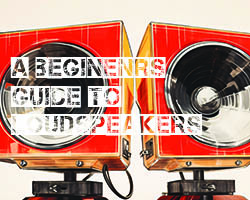
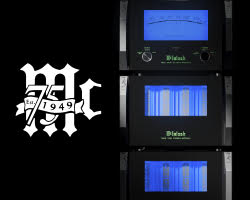



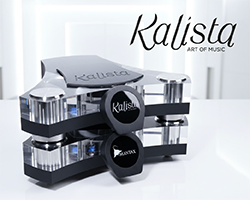



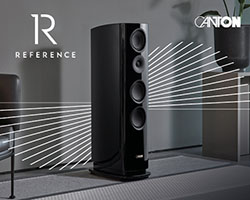

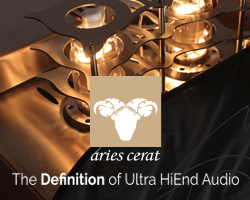





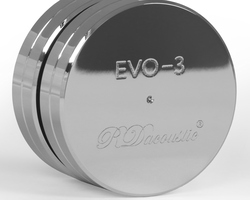





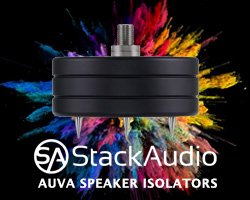
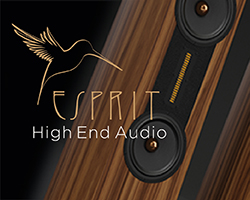
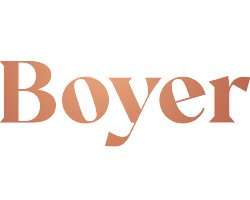
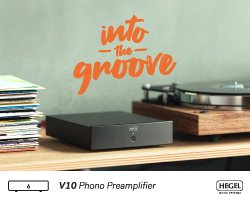
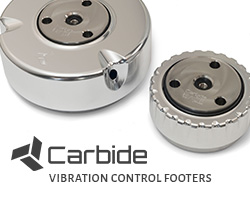






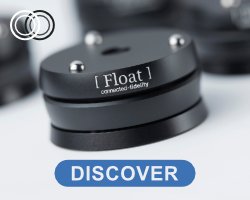
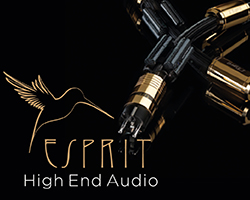

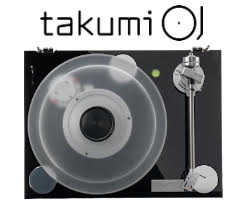

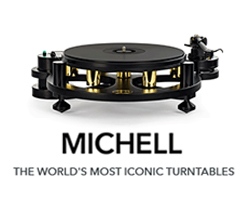
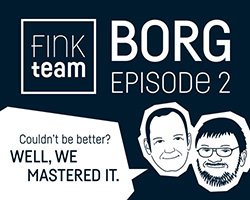
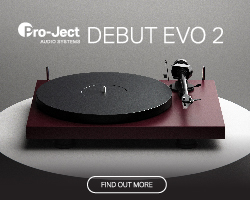

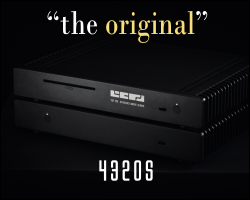

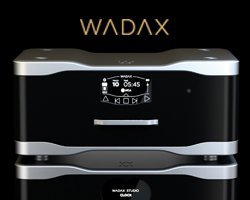
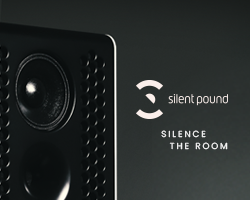






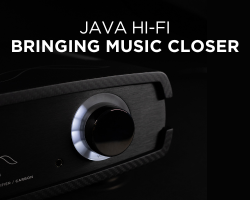

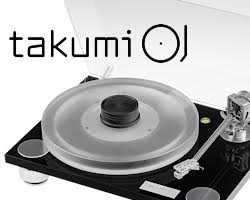












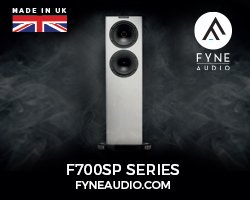






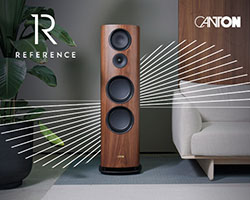


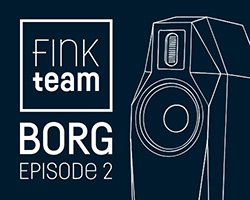
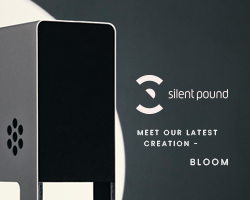













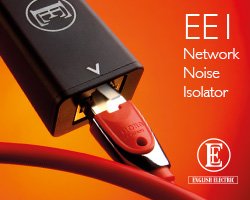
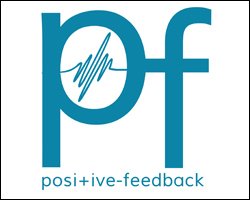


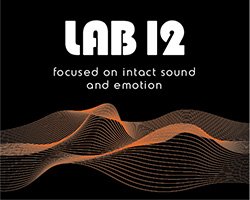






















































You must be logged in to leave a reply.